Africa
A booming market, but lacking data: Africa’s challenge [Business Africa]
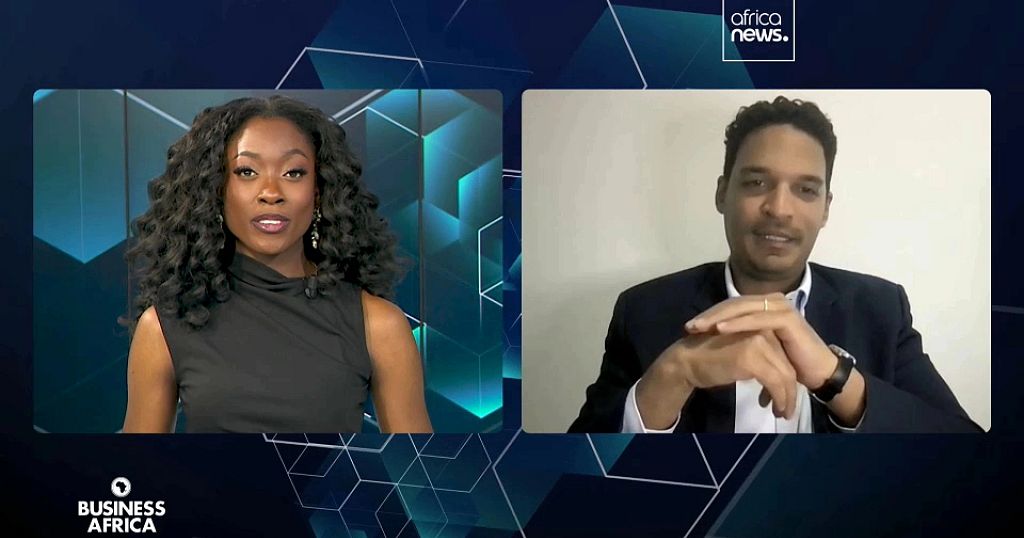
This week on Business Africa:
The lack of reliable data: a major obstacle to investment and growth on the continent, the efforts of Congo-Brazzaville to strengthen its food sovereignty with Protected Agricultural Zones, and the economic crisis in the DRC, exacerbated by business closures and ongoing violence.
Without reliable data, is Africa missing out on its potential?
Africa, despite its economic dynamism and the rapid growth of its middle class, faces a significant challenge: the lack of reliable data. This is a considerable barrier for investors and local businesses that struggle to make informed decisions.
Bernard Laurendeau, founder of Enkopa Lab, highlights the importance of this data for decision-making in sectors such as banking, technology, and retail. According to him:
“For consumer-related sectors, you need more detailed data. The macroeconomic indicators from the World Bank or IMF can help, but it’s not enough.”
The lack of adequate data hinders strategic decision-making, particularly when it comes to investments. This situation prevents businesses from seizing opportunities, limiting their growth and innovation potential.
For Laurendeau, Africa is at a turning point. The absence of reliable data limits economic opportunities, particularly those linked to the rise of the middle class. He believes that access to real-time data could transform the continent:
“Africa is missing a big opportunity for growth, knowledge transfer, and technology because of this lack of detailed data. The key here is timely access to data.”
It’s clear that effective data management could change the game. However, he reminds us that while AI is useful, it is only a partial solution. It must be fed with accurate, up-to-date data. In partnership with Cassie Inside, Enkopa Lab is working on creating data pipelines that provide real-time insights, helping businesses make informed decisions at the right moment.
“AI is definitely not a silver bullet. It needs to be fed with data. Our partners provide data pipelines that allow real-time insights, which is crucial for fast decision-making.”
In this context, investors are becoming more demanding. Laurendeau is clear: to capture these investments, it’s not enough to provide superficial data:
“Investors want depth. They are looking for actionable information, not just general data. You can no longer ask them to be patient.”
Africa is at a decisive turning point, and collecting accurate data is becoming a strategic lever for its economic future.
Congo-Brazzaville: Protected Agricultural Zones, a response to agricultural challenges?
In Congo-Brazzaville, agriculture is crucial for diversifying the economy and reducing dependence on imports, which cost up to $1.17 billion annually. To address this, the government has launched Protected Agricultural Zones (ZAP). President Denis Sassou Nguesso stated that these zones are key to boosting local production.
In Mouindi, the ZAP brings together 500 producers across 200 hectares, while in Bouanza, 200 tons of maize were harvested on 59 hectares. Despite the abundance of arable land, only a small portion is used. If well implemented, the ZAP could reverse this trend and reduce the food import bill.
DRC: East devastated by insecurity, local businesses in crisis
Eastern DRC, particularly in the North and South Kivu provinces, is experiencing a severe economic crisis exacerbated by the violence of the M23 armed group, supported by Rwanda. The rise in violence has led to the closure of many businesses, including Bralima Brewery, a major player in the local economy, threatening thousands of jobs and worsening the shortage of essential goods. The prices of goods like rice, sugar, and oil have doubled, pushing populations into an even more precarious situation.
Economists are calling for urgent solutions, including the reopening of banks, to revive the economy. But with the ongoing attacks and deadlock in peace negotiations, the demand for concrete measures is intensifying.
Africa
Iran, US confirm third round of nuclear talks in coming week
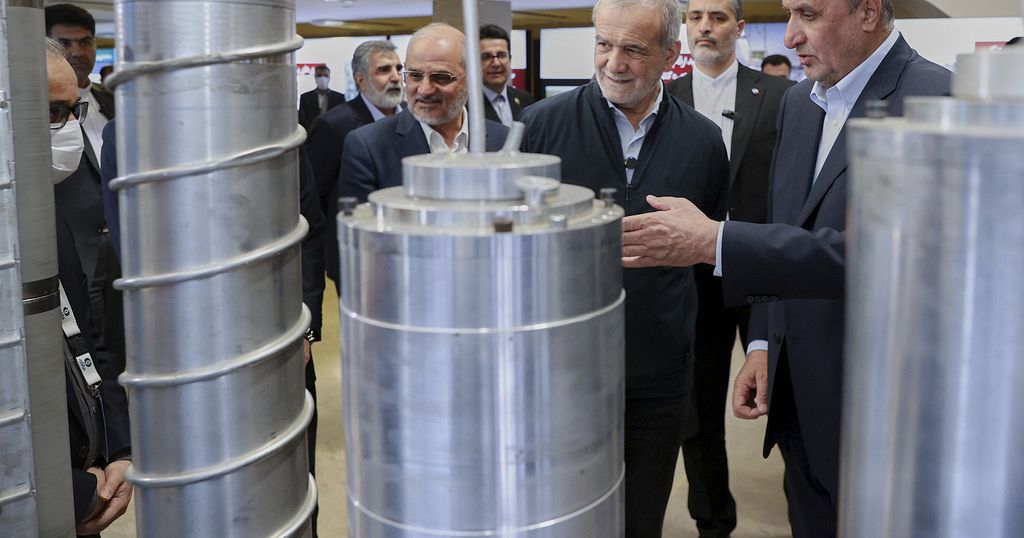
US and Iranian delegations held talks in Rome on Saturday on Tehran’s nuclear program with further meetings planned for next week.
Iran’s Foreign Minister Abbas Araghchi described the talks as constructive.
The delegations held four rounds of indirect talks at the Omani embassy in Rome. Omani counterpart Badr Albusaidi shuttled between the rooms, delivering messages exchanged by the two sides.
“This time we managed to reach a better understanding about some principles and goals. Ultimately it was agreed that the talks continue and we enter the next stage and expert meetings start. Starting this Wednesday, technical meetings at experts level will start in Oman,” said Araghchi.
A third round of talks in Oman on April 26.
Donald Trump who in 2018 unilaterally abandoned a landmark nuclear accord signed and brokered by world powers in 2015 has demanded a new deal with Tehran and threatened to bomb it.
Africa
Unprecedented trial for apartheid atrocities opens in South Africa
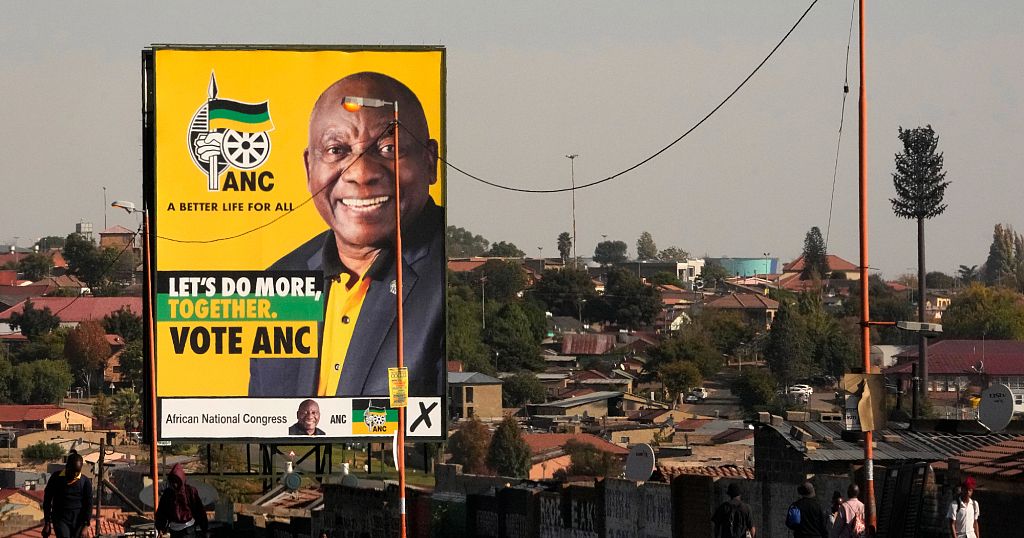
A significant step by South Africa’s legal system in confronting the atrocities of the country’s dark political past.
A judge this week approved the trial of two apartheid-era police officers for their involvement in the 1982 assassination of three student activists.
The prosecution is unprecedented. Until now, no individual had been held accountable for the crime of apartheid.
The case centers around three young freedome fighters killed in an explosion in 1982. The victims were part of a resistance movement opposed to the apartheid regime which enforced White-only rule and domination over the Black majority.
Experts say the trial could open the door for others.
Also this week, South Africa reopened an investigation into the death Albert Luthuli, a former president of the African National Congress (ANC) and Nobel Peace Prize laureate, who was killed in 1967.
The prosecuting authority seeks to have the findings of previous inquests into Luthuli overturned.
The authorities at the time had concluded that Luthuli’s death the result of an accident.
The development comes more than 30 years since South Africa became a democracy and after a Truth commission unearted numerous atrocities.
Africa
Tunisia jails opponents, critics of President Saied
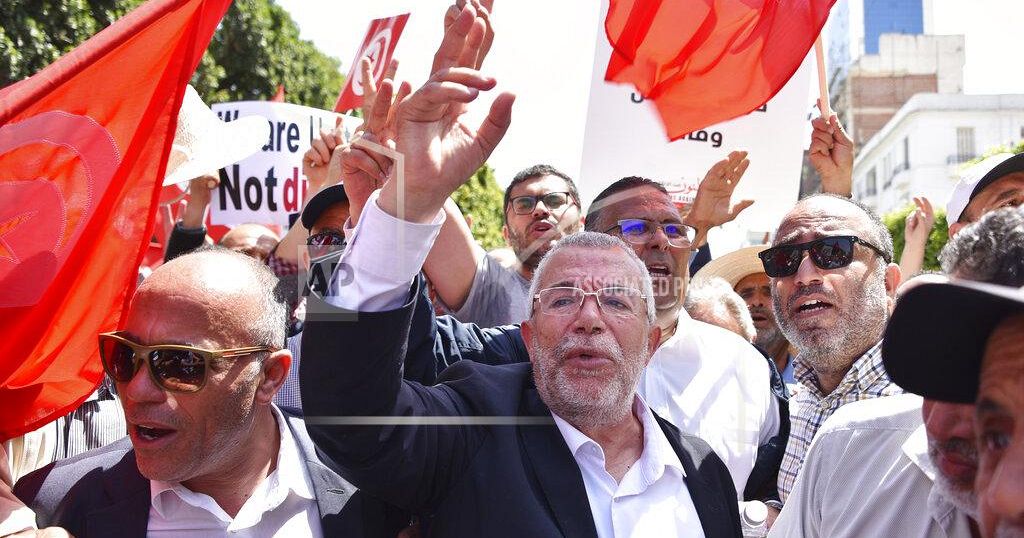
Tunisia on Friday handed opponents of President Kais Saied lengthy jail terms after convicting them of plotting against state security.
Issam Chebbi and Jawhar Ben Mbarek of the opposition National Salvation Front coalition, as well as lawyer Ridha Belhaj and activist Chaima Issa, were sentenced to 18 years behind bars, their lawyer said.
Businessman Kamel Eltaief received the harshest penalty of 66 years in prison.
They are among forty people, including high-profile politicians, businessmen and journalists, who who were being prosecuted on security and terrorism charges.
Critics say the charges lacked merit, and only served to consolidate Saied’s power grab.
The president won re-election virtually unchallenged last year after the jailing or disqualification on flimsy grounds of his opponents.
Saied has ruled mostly by decree since dismissing parliament in 2022 and promulgating a revised constitution giving himself wideranging powers in 2023.
-

 Education2 days ago
Education2 days agoHarvard’s battle with the Trump administration is creating a thorny financial situation
-
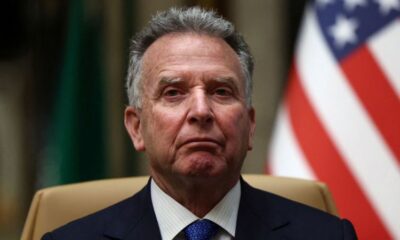
 Europe2 days ago
Europe2 days agoTrump’s ‘lone ranger’: How Steve Witkoff became the defacto point man on America’s foreign policy challenges
-
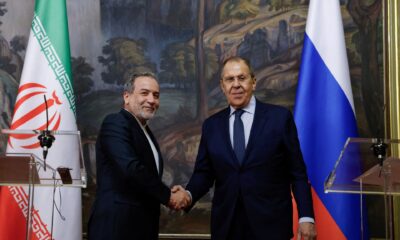
 Conflict Zones2 days ago
Conflict Zones2 days agoIran has ‘doubts’ about US intentions ahead of nuclear talks | Politics News
-
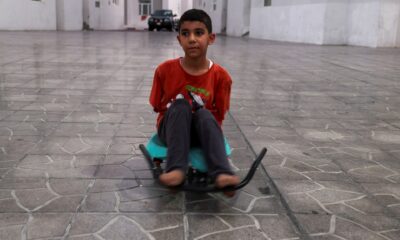
 Conflict Zones2 days ago
Conflict Zones2 days ago‘How do I live like this?’ asks Gaza boy who lost arms in Israeli attack | Gaza News
-

 Conflict Zones2 days ago
Conflict Zones2 days agoTrump says US may ‘pass’ on helping end war if Russia, Ukraine resist deal | Russia-Ukraine war News
-

 Sports2 days ago
Sports2 days agoClint Dempsey speaks to CNN over his concerns over the USMNT heading into its home World Cup
-
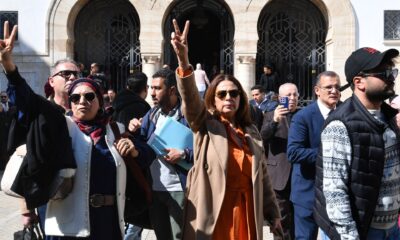
 Middle East1 day ago
Middle East1 day agoTunisian court hands opposition figures lengthy jail terms | Human Rights News
-
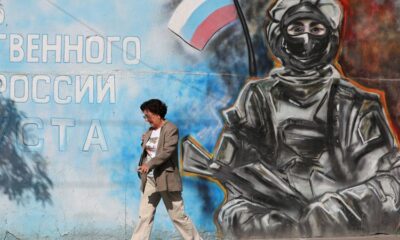
 Europe1 day ago
Europe1 day agoTrump administration ready to recognize Russian control of Crimea as part of framework to end Ukraine war, source says




